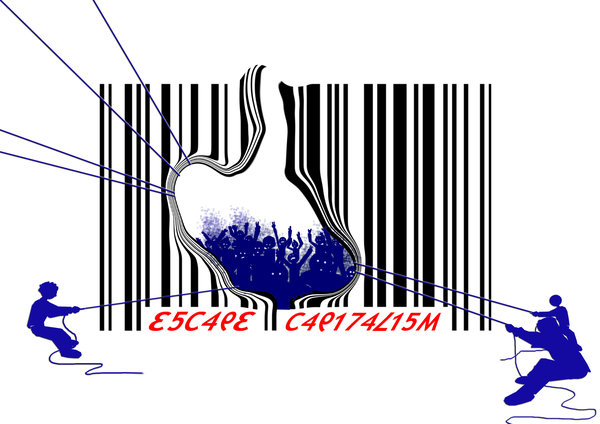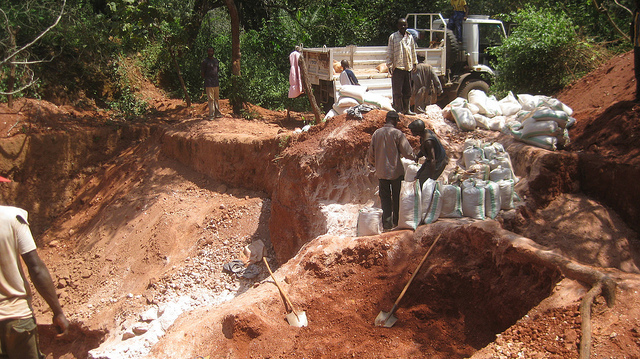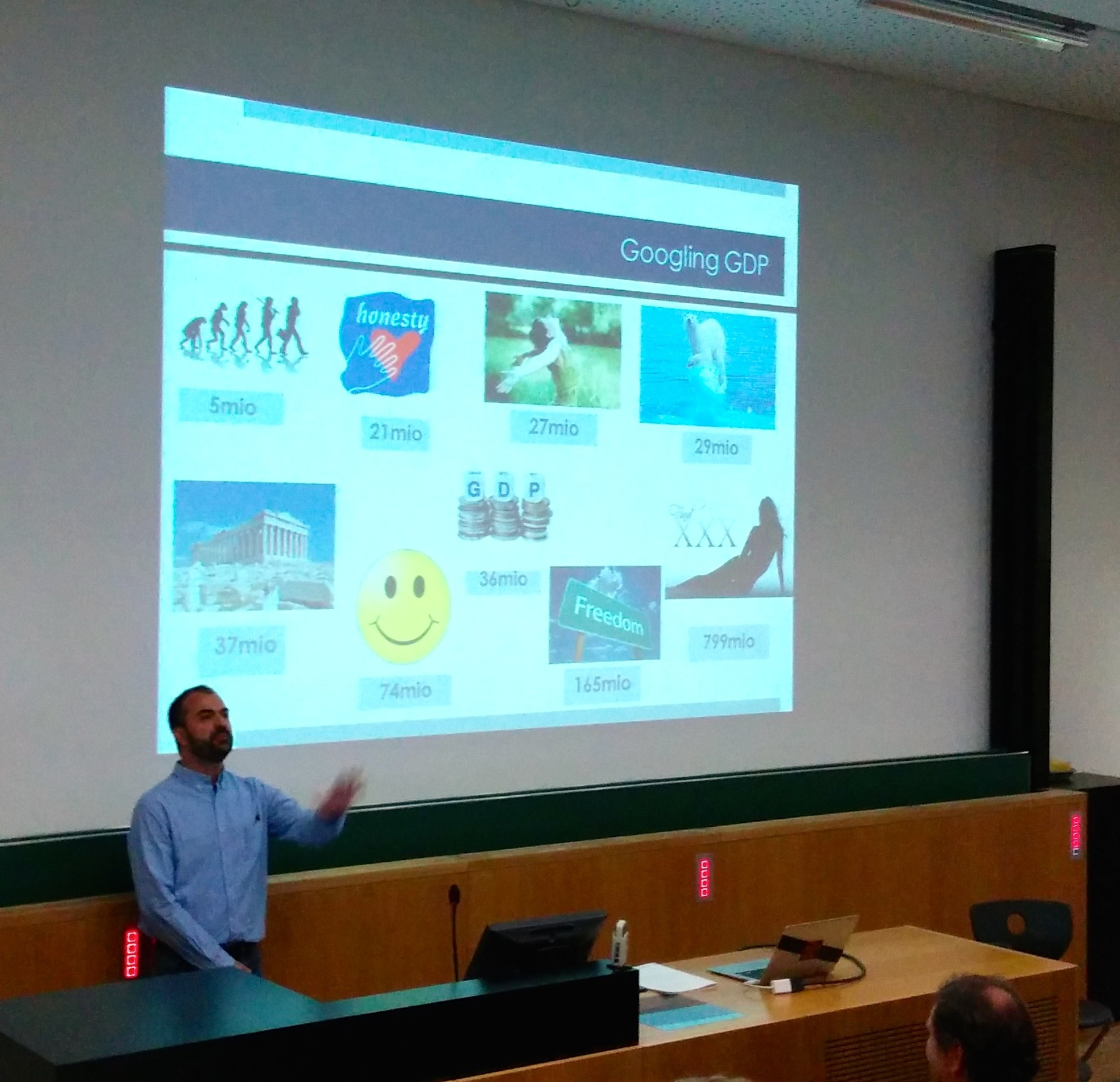When: 21 -23 October 2026
Where: Amsterdam, The Nerthelands
Degrowth has gained wide traction as both a critique of contemporary capitalism and an agenda for emancipatory and democratic spatial politics. Despite its increasing visibility and popularity in both research and practice, degrowth still lacks a thorough and systematic development of a spatial perspective.
Space is a relation of power, a material condition, a means and a target of degrowth politics. A degrowth transformation necessarily implies a reorganization of socio-metabolic relations and socio-material flows of matter, capital and energy across spatial scales, as well as a different cultural imaginary of how we as humans, think about our relation to spatial dynamics. Space is also a target of radical politics that aims to address the destructive impact of endless economic growth upon marginalized social groups and endangered ecosystems, while guaranteeing the provision of essential and universal goods and services for all. Degrowth envisions a spatial politics that questions hierarchies and borders and surpasses the underlying socio-cultural frames that sustain intrinsically toxic growth, like militarization, colonialism, anthropocentrism, patriarchy and racism.
A spatial perspective which is multiscalar and relational can help to both calibrate radical degrowth practices to specific socio-cultural contexts and to interconnect them across scales and sectors. This is the challenge that this conference will tackle, both for research and for practice.
This conference brings together contributions from both research and practice to develop tools for degrowth-oriented thought and action.

Green growth advocates praise resource efficiency for its potential to incentivize the economy and lower its ecological impact. On the other hand, the Jevons Paradox, describes multiple situations (or rebound effects) in which increased efficiency leads to further consumption (either direct or indirect) which offsets the initial ecological benefits achieved. In this piece, I join this discussio...

How migration relates to the imperial mode of living, degrowth and new internationalism We are currently facing the most severe migration crisis in history. But this is only one dimension of a broader civilizational crisis. Thus, anti-racist movements should not focus solely on issues of human mobility rights, but also build new paths of solidarity with societies in the geopolitical Global Sou...

By Chris Ward Growth is always a goal in many countries, statistics appear everywhere and it’s always discussed. Even small reductions in GDP are met with bitter disappointment; it’s become one of the most important measures in the modern era. And yet there are surprisingly few discussions or resources on when and why this did happen. The special session on degrowth and history sheds some ligh...